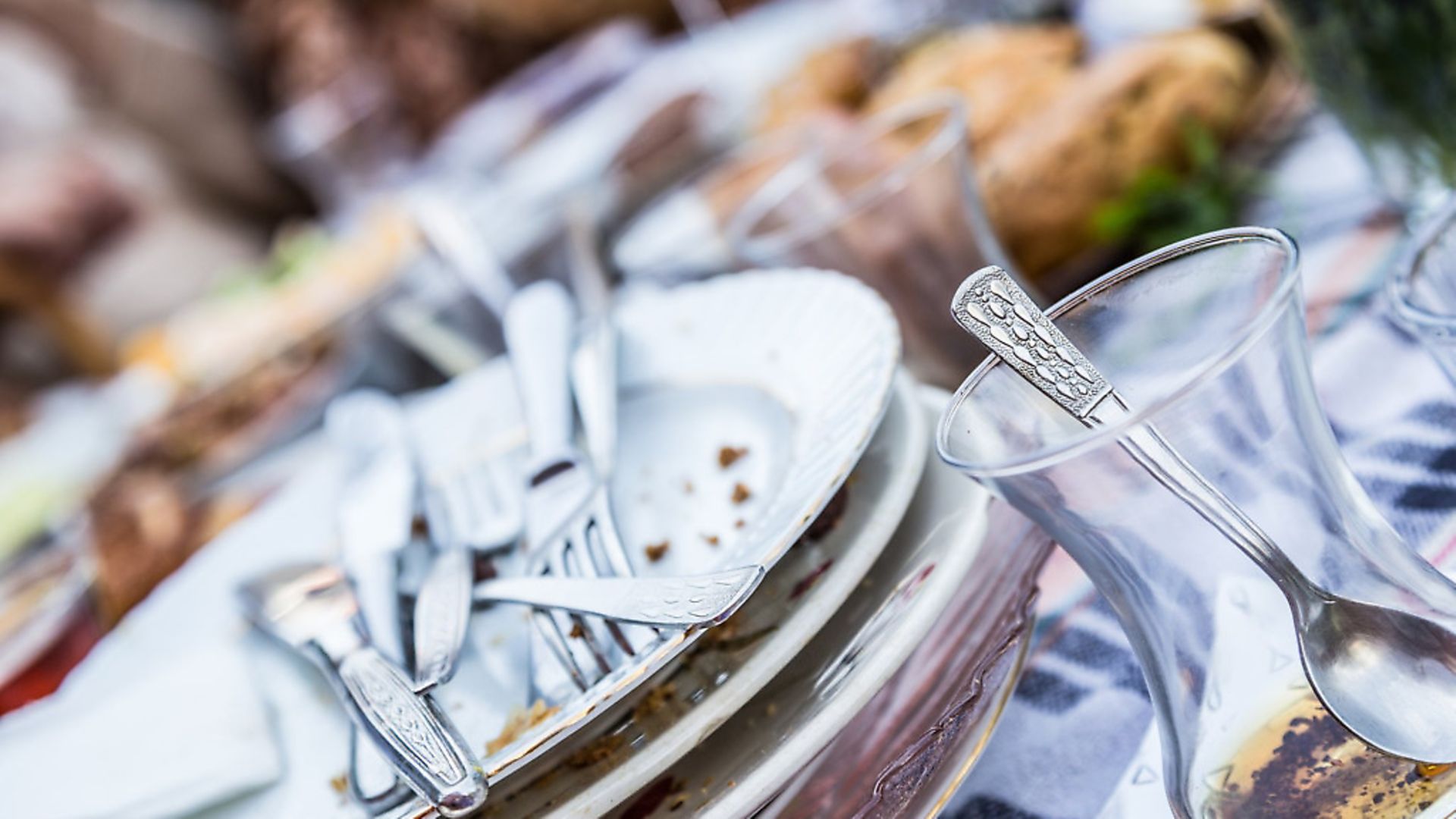
In his latest exploration of the wonders of European languages, former QI writer Adam Jacot de Boinod unearths some surprising terms for food and dining.
Dokhlaya sobaka, (Russian) a low- quality frankfurter (literally, a dead dog).
Hasenbrot, (German) a sandwich that has been taken to work or school and is now rather stale (literally, a hare sandwich).
Smörgås, (Swedish) a sandwich (literally, butter goose).
Calimocho, (Spanish) a combination of Coca-Cola and red wine.
Jordgubbe, (Swedish) a strawberry (literally, an earth man).
La mie, (French) the inside of bread.
Sneisar-hald, (Old Icelandic) the part of a sausage in which the pin is stuck
Brarah, (Hebrew) second-rate fruits (specifically oranges).
Gummiadler (German) tough roast chicken (literally, rubber eagle).
Flab, (Gaelic) mushroom.
Moron, (Welsh) a carrot.
Aardappel, (Dutch) a potato (literally, an earth apple).
Bikini, (Spanish) toasted ham and cheese sandwich.
Bufe?ák, (Czech) a guy who hangs around cafeterias and eats leftovers.
Fresser, (Yiddish) someone who eats quickly and noisily.
Kieskauw, (Dutch) a person who trifles with his food.
Krüsch, (northern German) somebody who dislikes a lot of foods (and is therefore difficult to cook for).
Munkavacsora, (Hungarian) a working dinner.
Ottobrata, (Italian) a country outing or picnic in October.
Hwyaden, (Welsh) the small amount of breakfast a newly-married man has time to eat in order to leave home for work after intimacy with his new wife (literally, a duck).
Futterneid, (German) the desire to eat what is on another person’s plate (literally, feeding envy).
Uitbuiken, (Dutch) to take your time at dinner, relaxing between courses (literally, the expansion of the stomach).
Slappare, (Italian) to eat everything, even to the point of licking the plate.
Alsof er een engeltje op je tong piest, (Dutch) utterly delicious, heavenly tasting (literally, as if an angel is urinating on your tongue).
Adam Jacot de Boinod is author of The Meaning of Tingo, published by Penguin.









